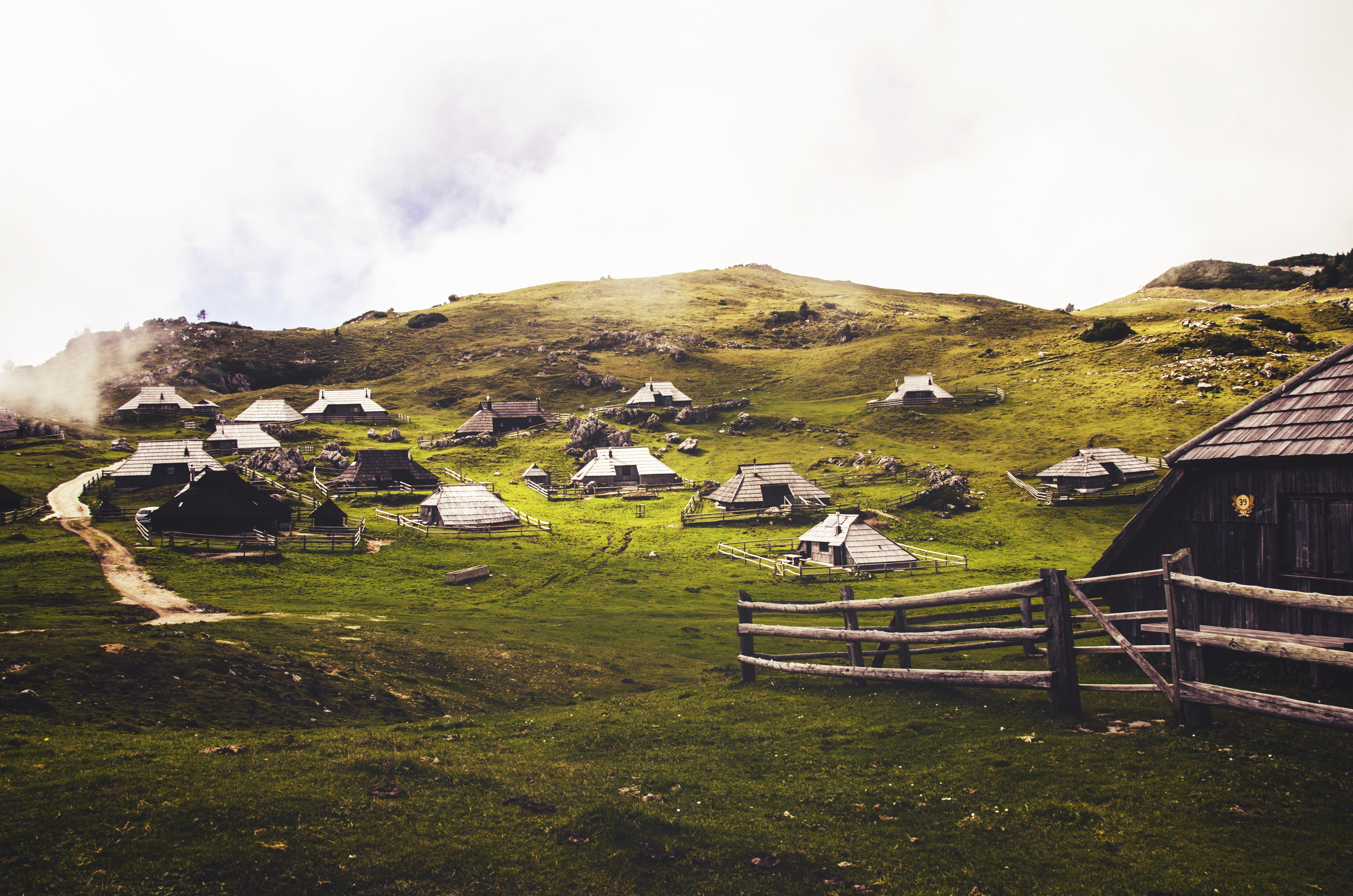Lewis Mumford was an urban planner and historian who studied urbanization throughout history from the co-operative design of the village which kept itself sustainable through a small population and agricultural work in the surrounding fields to that of the mega-city and it's destruction. Mumford stated that while the village was sustainable it had some flaws, mainly:
- Deforestation
- Inability to grow due to limited agricultural areas
- Indefensible
- Lack of government oversight
However, the city even when used to grow some of the of populations food locally through community gardens etc. Also had it's issues.
- Complete stripping of the land of natural resources
- Concrete
- Colonization (for land, resources, manpower etc.)
- War for resources
- Military
- Strong Government
- Illusion of independence
- Class divisions
- Poverty
- Homelessness
"At this stage the symbiotic relation turns into a parasitic one; the cycle of imbalance begins, and the mere massing of the demand in a single center results in denudations and desiccations elsewhere. The more complete the urbanization, the more definite is the release from natural limitations; the more highly the city seems developed as an independent entity, the more fatal are the consequences for the territory it dominates."
~ Lewis Mumford
Is a village or a city then better for a solarpunk community?
In the past, neither were perfect and I don't think going back to villages with our current population is feasible. I also don't think cities are quite the answer we are looking for either. A solarpunk community needs to keep all the benefits unique to both systems while eliminating as many of the above problems as possible.
For example, you could build federated garden cities that are borderless and interconnected via a raised above ground rail system. Apartments would have their own garden plots, green walls, etc. with solar and wind being used to power the buildings. The raised rail system would allow for unhindered animal traffic and permeable sidewalks could be used in addition to rain collection systems to reduce runoff and be reused for gardening. Sewage could be transformed via bacteria to another form of energy for the city. In this way several of the main issues with cities are solved. Population density is high, while not destroying the environment but conserving it.
Social issues on the other hand can be solved easily. Adopt the village co-operative ideals. Give everyone a home, allow everyone a place in society as equals, give everyone the right to food, to medical care, to education, to design, vote, and federate laws etc. regardless of ability. These are irrevocable rights of the people. ...
Militarism, division, poverty, capitalism... Let's exchange them for something better...
"On the arid lands there will spring up industrial colonies without smoke and without smokestacks; forests of glass tubes will extend over the plains and glass buildings will rise everywhere; inside of these will take place the photochemical processes that hitherto have been the guarded secret of the plants… life and civilization will continue as long as the sun shines!"
Giacomo Ciamician, 1912

Comments
No comments yet. Be the first to react!